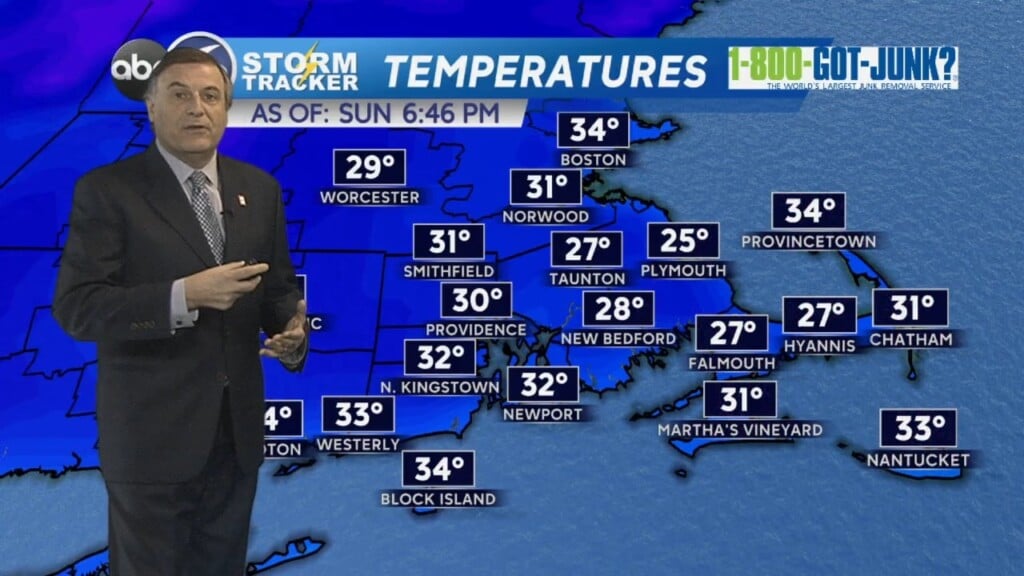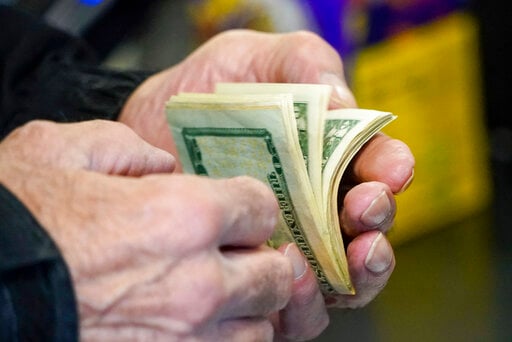Woonsocket releases action plan on housing and homelessness
WOONSOCKET, R.I. (WLNE) — The Woonsocket Community-Partnership Task Force on Housing and Homelessness released its Action Plan Wednesday following the release of a 15-page report on affordable housing and homelessness in the city.
The 15-page report showed that over half the population is either homeless or “housing stressed,” which means 30% of their income or more is being spent on housing.
With Woonsocket’s median income of $48,800, residents have less than half the income needed to purchase an “average-priced” home, according to the report.
The new plan centers around eight main goals that focus on the needs of homeless and housing-stressed individuals for the start of the winter season.
According to The Woonsocket Community-Partnership Task Force on Housing and Homelessness, it plans to:
-
Move homeless individuals into transitional housing
-
Construct new affordable housing
-
Expand existing agencies to house those who are homeless
-
Inform the public about the realities of homelessness in the city
-
Advocate for legislation to address these issues
-
Enhance the city administration’s efforts to increase Woonsocket’s median income.
-
Seek funding for shelters and housing.
-
Build relationships with community faith leaders and urge them to engage their congregations to address homelessness and housing
According to the Task Force, an immediate priority is to re-open the “Dignity Bus” which sleeps 20 people per night, and to create a designated place for many single-occupant “Rest Pads” to solve Woonsocket’s issue of not meeting the necessary amount of shelter beds.
Woonsocket currently has under 200 short and mid-term shelter beds.
“Every person deserves a roof over their head when they go to bed at night,” Mayor Chris Beauchamp said. “We have families with children, seniors and veterans outside right now and we need to do something to help. This action plan is a commitment to not only provide immediate relief but also to create sustainable solutions that empower individuals and address this crisis.”



